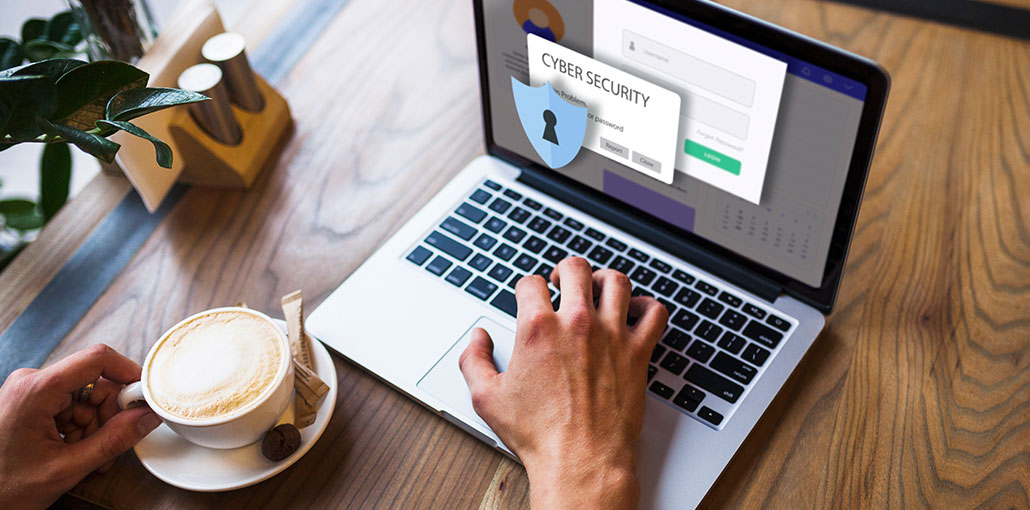In the present era of digital connectivity, where our lives are closely interconnected with the internet, prioritizing online privacy and security has gained unprecedented importance. Our online presence is susceptible to various threats, from personal information to sensitive financial data. Fortunately, several essential tools are available that can safeguard your digital life, like a VPN. ExpressVPN wraps your online traffic within a secure, encrypted tunnel, safeguarding your data from hackers and unauthorized third parties. This article explores eight must-have tools to enhance your online privacy and security.
As we navigate through the internet’s vast landscape, our personal information is often at risk. Cybercriminals, data breaches, and intrusive online advertising pose significant threats to our privacy and security. To combat these challenges, a combination of tools and practices can ensure a safer online experience. Let’s delve into the eight essential tools that can help you achieve this.
Virtual Private Network (VPN)
A Virtual Private Network (VPN) is a robust tool that creates a secure and encrypted connection between your device and the online environment. By routing your internet traffic via a remote server, VPNs efficiently mask your IP address, making it hard for anyone to track your online activities. This is particularly useful when using public Wi-Fi networks, as VPNs provide protection against potential hackers.
Also read: 7 Data Privacy Tips for New VPN Users
Password Manager
Keeping track of numerous passwords can be overwhelming, leading many to reuse passwords across multiple accounts. This practice, however, compromises your security. A password manager like Google offers a solution by generating strong, unique passwords for each account and storing them securely. This approach allows you to only remember a single master password in order to access all your credentials.
Two-Factor Authentication (2FA)
Authy and other forms of Two-Factor Authentication (2FA) provide added security by asking for two types of verification before allowing access to an account. This typically involves something you know (password) and something you have (a temporary code sent to your device). 2FA considerably reduces the danger of unauthorized access, even if your password is compromised.
End-to-End Encryption
End-to-end encryption ensures that the information you send and receive online is only accessible to you and the intended recipient. Even if intercepted, the data remains unreadable to anyone without the decryption key. Popular messaging apps like Signal and WhatsApp use end-to-end encryption to protect your conversations from prying eyes.
Antivirus Software
Malware, including viruses, worms, and ransomware, can infect your devices and compromise your data. Antivirus software scans and detects malicious programs, preventing them from causing harm. Regularly updating your antivirus software is crucial to staying protected against the ever-evolving landscape of digital threats.
Also read: 4 Best Browsers for Privacy
Secure Browsers
All web browsers are not similarly created when it comes to security. Secure browsers prioritize user privacy by blocking trackers, cookies, and other data collection tools advertisers use. They also offer features like private browsing mode, which prevents your browsing history from being saved.
Ad Blockers and Tracking Prevention
Online ads and trackers not only intrude upon your browsing experience but also collect your data for targeted advertising. Ad blockers and tracking prevention tools help you regain control over your online interactions by blocking unwanted ads and preventing websites from tracking your online movements.
Conclusion
In the digital realm, safeguarding your online privacy and security is paramount. With the increasing frequency of data breaches and cyberattacks, the right tools can make a significant difference. By incorporating a Virtual Private Network, password manager, 2FA, end-to-end encryption, antivirus software, secure browsers, and ad blockers into your online routine, you can create a more secure and private digital environment for yourself.
Frequently Asked Questions (FAQs)
Q1: What is a VPN, and how does it enhance online security?
A: A VPN is software that establishes a secure link between your device and the internet. It accomplishes this by concealing your IP address and encrypting your data.
Q2: How does end-to-end encryption work in messaging apps?
A: End-to-end encryption guarantees that only the sender and intended recipient can decipher messages, as the content is encrypted and decrypted exclusively on their respective devices.
Q3: Can't I rely solely on antivirus software for online security?
A: While antivirus software is important, a multi-layered approach with other tools like a VPN and secure browsers offers more comprehensive protection.
Q4: Is two-factor authentication necessary for all accounts?
A: Incorporating 2FA across all your online accounts provides an additional level of security, particularly for sensitive data such as banking and email accounts.
Q5: How do ad blockers improve online privacy?
A: Ad blockers prevent intrusive ads and trackers from loading, enhancing your online privacy by reducing data collection and targeted advertising.










Leave a comment